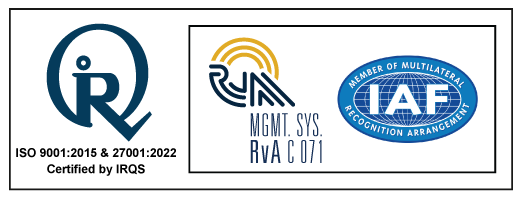
In 2025, field service businesses are harnessing advanced technology to streamline operations, reduce costs, and deliver superior customer service. Today’s tools are practical, accessible, and designed to make service management more efficient and organized. Here are six key technologies driving better outcomes for field service companies:
1. Cloud-Based Field Service Management for Real-Time Efficiency
Modern field service companies rely on cloud-based platforms to coordinate tasks, track technicians in real time, and respond to customer requests quickly. By eliminating paperwork and minimizing scheduling conflicts, these solutions give teams instant access to critical information. Features like automated dispatching, mobile integration, and digital invoicing are speeding up operations and increasing scalability.
2. AI and Machine Learning for Smarter Operations

AI-powered tools are transforming how businesses assign tasks, forecast service demand, and troubleshoot problems. Chatbots now offer instant support, while machine learning algorithms predict maintenance needs before failures occur. These technologies reduce downtime, avoid unnecessary repairs, and boost both efficiency and customer satisfaction.
3. IoT-Enabled Predictive Maintenance to Minimize Downtime
Connected devices and IoT sensors are widely used to monitor equipment performance in real time. Businesses can detect early warning signs and take preventive action before costly breakdowns happen. Industries such as HVAC, utilities, and manufacturing are leading the way in adopting IoT-based maintenance strategies to ensure continuous service delivery.
4. Data-Driven Decision-Making through Advanced Analytics

Field service companies use analytics tools to gain insights into performance, customer behavior, and operational inefficiencies. Predictive analytics helps allocate resources more effectively, optimize technician scheduling, and improve service quality. When integrated with mobile apps and cloud platforms, real-time analytics becomes a powerful driver of strategic decision-making.
5. Mobile Workforce Solutions for Speed and Reliability
Technicians equipped with field service mobile apps can access service jobs and histories, update job statuses, and capture customer signatures instantly. GPS routing tools optimize travel routes, lowering fuel costs and reducing delays. Mobile solutions also support on-site payments, enhancing the customer experience and improving cash flow. A connected workforce ensures faster, more dependable service delivery.
6. AI-Powered Chatbots for 24/7 Customer Engagement
AI chatbots are revolutionizing support by managing inquiries, scheduling appointments, and delivering real-time updates—without human involvement. They significantly reduce wait times and enhance satisfaction by providing immediate, personalized responses. Companies benefit by maintaining high service standards while reducing team workloads.
Conclusion
In the modern field service environment, leveraging technology is no longer optional—it’s a necessity. Innovations like AI, IoT, mobile apps, and cloud-based tools are transforming how the industry operates. Organizations that adopt these technologies are seeing greater efficiency, lower operational costs, and stronger customer satisfaction. To remain competitive in 2025 and beyond, investing in a powerful field service management system and equipping your mobile teams with the right tools will be key to long-term success.










